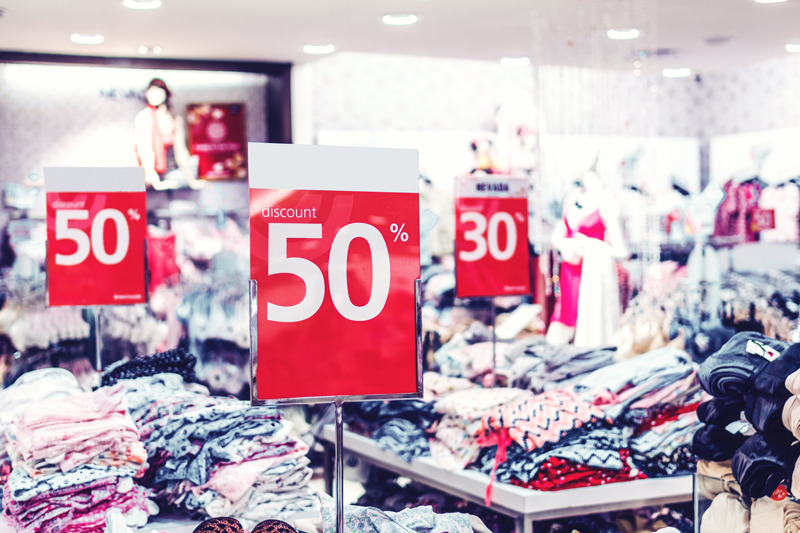
Despite some studies indicating a challenging remainder of the year for retailers as consumers look to tighten their purse strings, shoppers around the world expect to maintain or increase both their online and bricks-and-mortar spending this Black Friday Cyber Monday (BFCM) weekend. However, they are looking for particular deals and are planning to use AI to discover new brands as well as products – and are willing to switch brands to get them.
This is according to Shopify’s Black Friday Cyber Monday 2023 Report into more than 2,000 consumers and 1,000 SMBs in the UK, which is part of a global research study surveying 12,000 consumers and almost 5,000 businesses in six countries.
Deann Evans, Managing Director, EMEA at Shopify commented: “Despite many studies predicting a challenging period for retailers as consumers look to tighten their purse strings, our data indicates that this could be a key revenue moment for those that embrace BFCM. In fact, shoppers have recently cut back so they are ready to spend during BFCM to get more for their money. Brands need to embrace this opportunity by offering competitive deals and higher quality products as if they don’t, consumers may move away to another.”
Shoppers aren’t cutting back, but want specific bargains
Three quarters (73 percent) of consumers globally – rising to 74 percent in the UK – have reduced their discretionary spending over the last couple of months. Yet people want to spend this season with over half (53 percent) of UK shoppers putting aside more money each month than they have in previous years.
This is resulting in a notable 6 percent being more likely to shop during BFCM weekend and upcoming peak sales moments to get more for their money. In fact, 66 percent of UK shoppers, increasing to 67 percent globally, plan to spend as much or more during BFCM weekend this year compared to last year.
However, UK consumers are becoming more savvy with 83 percent revealing they will compare prices to see where the best deals are. Furthermore, 68 percent cite cost as one of the biggest reasons they would switch brands. But it is not just cost versus quality with three quarters (77 percent) saying they want higher quality products that will last for a long time.
Both offline and online retail is booming, with social media shopping also in the limelight
Despite perceptions, browsing in a shop remains a close second behind browsing online (33 percent vs 39 percent) for British consumers as the top way they make new product discoveries. And 76 percent of UK merchants – up to 81 percent globally – said that bricks and mortar stores are as or more important than last year, up from 68 percent in 2022.
The study also found that more shoppers are open to making purchases through social media platforms. Nearly one in three UK consumers (32 percent) would be willing to purchase products directly on Facebook. This is vital as 80 percent of UK merchants said selling via social media had the same level or more importance than a year ago.
Technology-driven shopping experiences drive sales and loyalty
40 percent of UK shoppers are more likely to buy from and/or spend more money with brands that actively embed technology into the shopping experience, with a further 20 percent highlighting they are more inclined to be loyal to those brands.
Brands must take note with self-service checkout being the most popular technology for UK consumers (53 percent), followed by real-time order tracking (38 percent) and mobile (44 percent). Almost two in five (38 percent) of shoppers said they use tech to get the best value for money, 34 percent to make the experience more convenient, and 26 percent to make more informed decisions.
AI stands out as a route to better offers and more targeted deals with over two thirds (68 percent) of those in the UK thinking AI will make it easier to discover new brands and products or to find out more information about the products they are buying.
More than one in ten (13 percent) regularly or always make use of the ability to create customised designs (e.g. personalised versions of a product) – just ahead of the portion who use virtual assistants or AR/VR experiences (12 percent).
The good news is that brands are responding with two thirds (67 percent) saying they are investing more in technology to help them capitalise on BFCM and upcoming seasonal spending windows.
Image courtesy of Unsplash. Photo credit: Artem Beliaikin.







